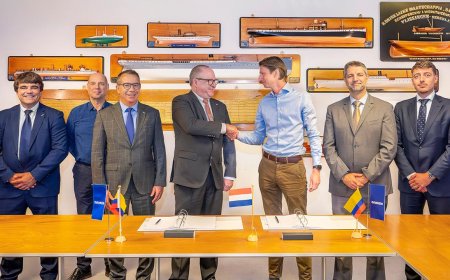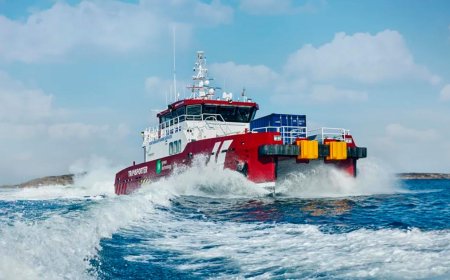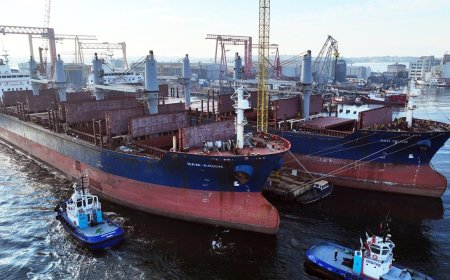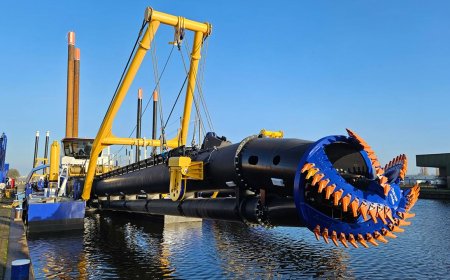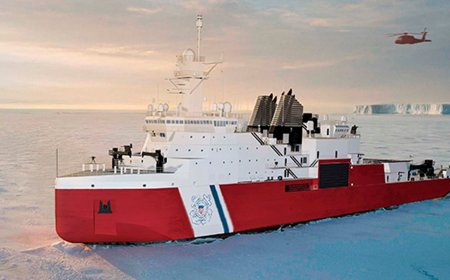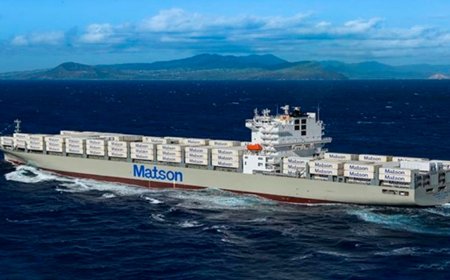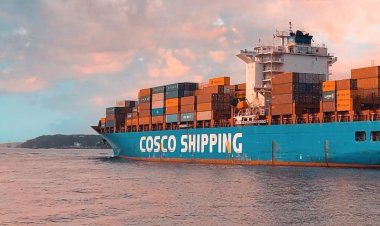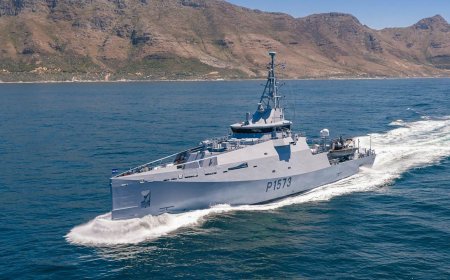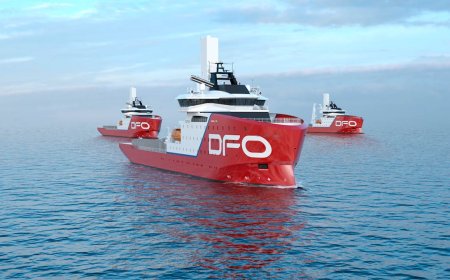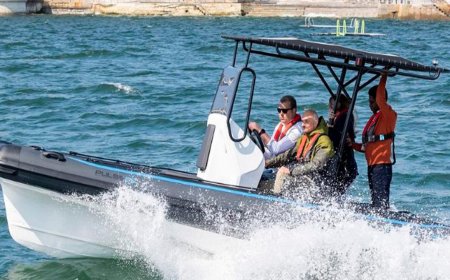MPA, SSA and IMDA launch the Maritime Digitalisation Playbook
Joint Release by MPA, SSA and IMDA: Maritime Digitalisation Playbook to Help Sea Transport Companies Accelerate Digital Transformation Efforts
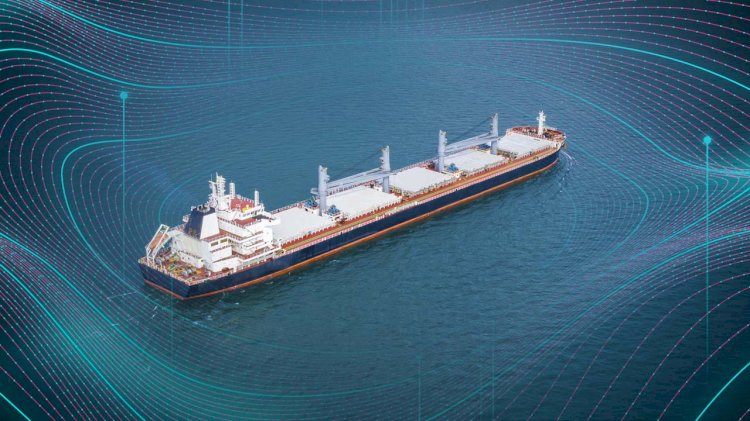
The Maritime and Port Authority of Singapore (MPA), Singapore Shipping Association (SSA) and Infocomm Media Development Authority (IMDA) have launched the Maritime Digitalisation Playbook (MDP), to support maritime companies in accelerating their digitalisation plans as the economy reboots and enters a new normal post-COVID-19.
This was announced by Senior Minister of State for Transport and Health, Dr Lam Pin Min, at the “Accelerating Digitalisation, Building Resilience” webinar today. Dr Lam said in his opening remarks:
“This pandemic has accelerated digitalisation, regardless whether you are a multinational company or a local SME. The Playbook will serve as a guide to help maritime companies uncover opportunities in digital transformation. Our hope is that no matter where you are in your digitalisation journey, the Playbook will help support your vision and development of concrete digitalisation plans to improve the competitiveness and productivity of your company.”
The MDP incorporates key findings from the IMDA-commissioned 2020 Digital Acceleration Index (DAI) survey for the sea transport sector, where over 200 maritime organisations submitted a self-assessment of their digital maturity. This has enabled MPA to establish the state of digitalisation of subsectors such as the shipping line, ship management, ship agency and harbour craft. To help maritime companies chart out their digitalisation and innovation journey holistically, MPA partnered SSA and IMDA to develop the MDP as part of Sea Transport Industry Transformation Map efforts.
The MDP will help maritime companies, in particular small and medium enterprises (SMEs), to formulate their digitalisation roadmaps, guide execution and benefit from maritime digital platforms covering port clearances and services, trade documentation and trade operations and financing. This guide provides these companies with:
- An overview of the state of digitalisation in the maritime sector based on results of the 2020 DAI survey;
- An understanding of the sector’s digitalisation landscape and opportunities, including key global trends driving digitalisation, examples of technology use-cases and the potential impact on planning, operations, commercial and support functions of a maritime business.
- A digital transformation framework to help identify digital driven business strategies and prioritise digitalisation initiatives.
The MDP supports Maritime Singapore’s broader efforts in digitalisation. It complements the Sea Transport Industry Digital Plan launched in 2019. Companies can also apply for co-funding from MPA’s Maritime Cluster Fund – Productivity Development (MCF-PD) to develop their digitalisation solutions.
Ms Caroline Yang, President, SSA, said:
“SSA initiated the co-development of the Maritime Digitalisation Playbook with MPA and IMDA as both parties saw the need to provide a practical guide to help maritime companies develop or retool their digitalisation capabilities to grapple with the fast-changing anomalous world. The MDP contains information and resources, that include templates and support programmes, to help companies identify and address target gaps to formulate or rethink their digitalisation strategy. We strongly encourage maritime companies, especially the small-medium enterprises (SMEs), to make use of the MDP to achieve their digitalisation vision.”
Mr Tan Kiat How, Chief Executive, IMDA, said:
“The Maritime Digitalisation Playbook helps maritime companies to understand the digital gaps in the industry and how they can use technologies to close these gaps. The Playbook also includes the various government schemes to support the companies in their digitalisation efforts. Together with the Industry Digital Plans, which are part of the SMEs Go Digital programme, these will give companies a wider range of potential solutions to adopt. Collectively, they will enable our maritime ecosystem to integrate with a rapidly evolving digital economy.”
